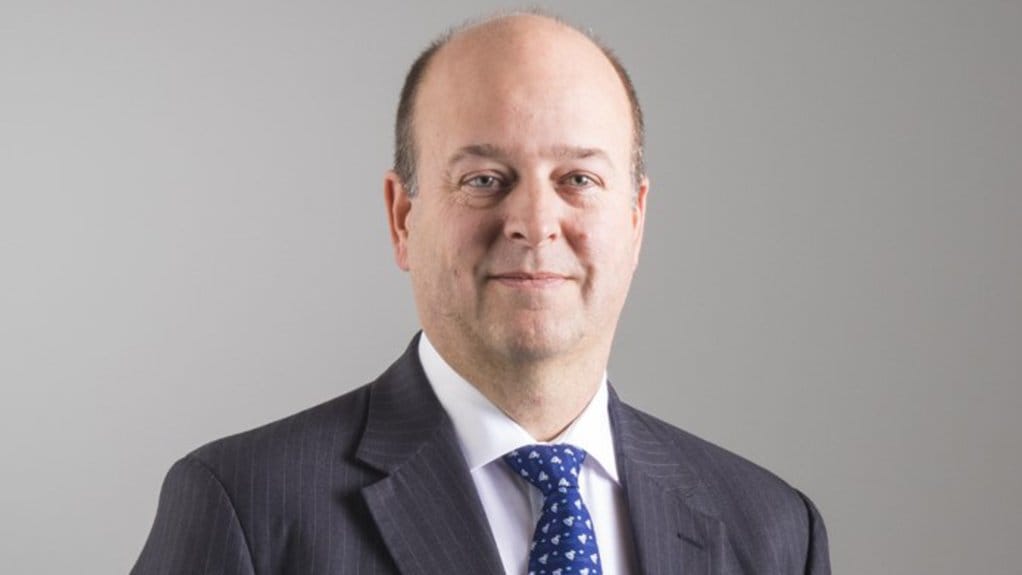Odds-on entry of palladium, platinum into EVs highlighted by research update

Source: Engineering News
Author: Martin Creamer
JOHANNESBURG (miningweekly.com) - New York- and Toronto-listed Platinum Group Metals, which is emerging in South Africa's Waterberg, on Tuesday provided an update on its new light battery technology that points to the increasing potential of palladium and platinum playing a key energy density and weight-lowering role in cumbersome battery electric vehicles (BEVs), where they currently play no part.
Amid the market development of platinum group metals (PGM) being collectively emphasised by South Africa's PGM mining industry in unprecedented fashion, Platinum Group Metals restated its goal of this year creating prototypes for commercialisation consideration this year.
Intensive market development to support the use of palladium and platinum in lithium battery applications is embodied in Lion Battery Technologies, which Platinum Group Metals founded in partnership with South Africa's Johannesburg Stock Exchange-listed Anglo American Platinum.
Lion's restated target is to develop batteries with specific energies that are 20% to 100% higher than current technologies while meeting or exceeding their present cycle lives.
The possibility of creating additional demand for platinum and palladium in the battery technology space is of significant potential strategic importance for South Africa's PGM mining industry.
Lion Battery with Florida International University is advancing the programme that uses platinum and palladium to unlock the potential of lithium air and lithium sulphur battery chemistries to increase their discharge capacities and cyclability, which is poised to result in their widespread potential use in BEVs.
Moreover, Lion has engaged the Battery Innovation Center in Newberry, Indiana, to help accelerate commercialisation efforts for its next-generation platinum- and palladium-based battery chemistries.
The Battery Innovation Center's scope of work is to conduct independent small- and large-scale trials to validate Lion's proprietary platinum- and palladium-based electrode composition, slurry, and films in both lithium sulphur and lithium-ion cells.
"Can we increase the energy density? Yes, we can," Lion Battery Technologies lead researcher Dr Bilal El-Zahab stated during a presentation, which is recorded on video on the website of Platinum Group Metals.
"EVs, that will need the battery, you are going to need the battery to be light and pack as many kilowatt hours per kilogram as possible into the battery.
Catalysts based on PGM nanoparticles offer a potentially rapid solution to many of the current battery problems and have been shown to improve the performance of the batteries.
WATERBERG PROJECT
In reporting its financial results for the six months ended February, Vancouver-based and Johannesburg-linked Platinum Group Metals, headed by CEO Frank Hallam, reiterated its focus on advancing the Waterberg project located on the northern limb of South Africa's PGM-rich Bushveld Complex in South Africa.
The project is being planned as a mechanised, shallow, decline access palladium, platinum, gold and rhodium four-element mine and near-term objectives are to advance it to a development and construction decision.
Waterberg JV Resources in April approved a $1.35-million stage-four budget to allow the continuation of work programmes underway while the update to the definitive feasibility study is finalised.
The stage-four budget, covering the period from March to August, is a subcomponent of an approved two-year $21-million pre-construction work programme.
A cooperation agreement has been reached with Ajlan & Bros Mining and Metals to study the establishment of a standalone PGM smelter and base metal refinery in Saudi Arabia.
The study will seek to identify potential global sources of PGM concentrate that could augment the processing of the Waterberg project concentrate in Saudi Arabia and minimise the risk of sourcing concentrate from only one project.
The Japan Organisation for Metals and Energy Security has established a special purpose company, HJ Platinum Metals, to hold and fund their future equity interests in the Waterberg project.
In the six months to the end of February, a narrowed net loss of $2.37-million was reported. The company reported that it was continuing to work closely with regional and local communities on mine development plans to achieve best value for all stakeholders.
